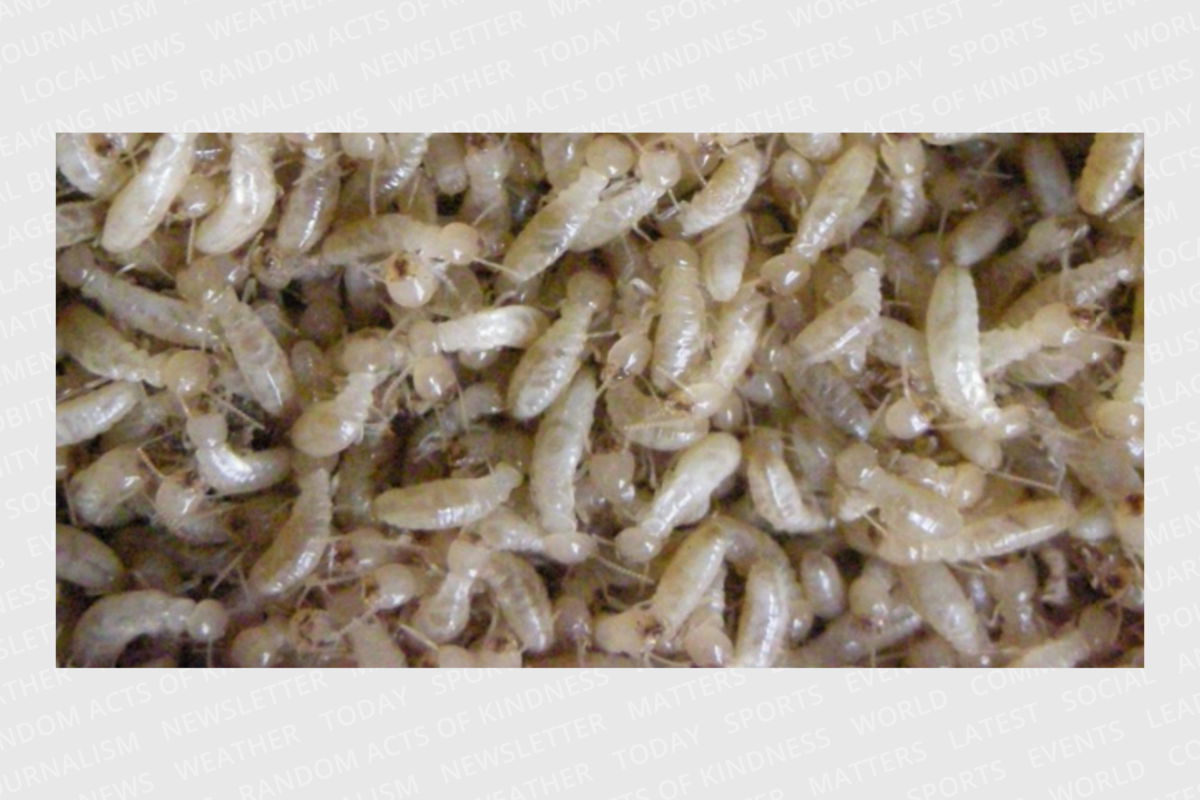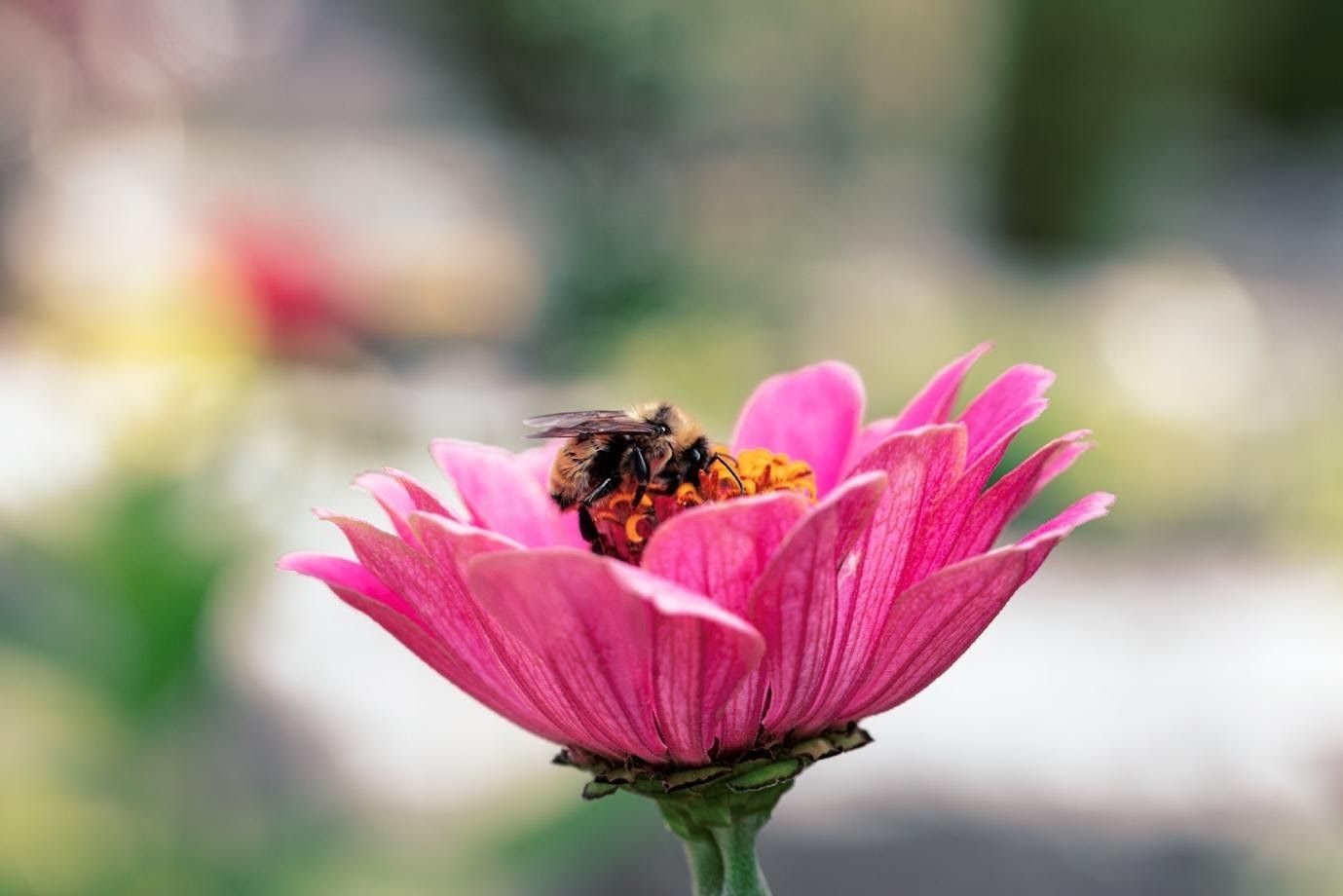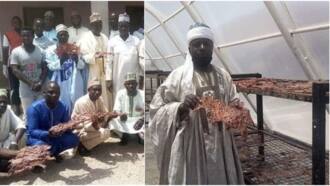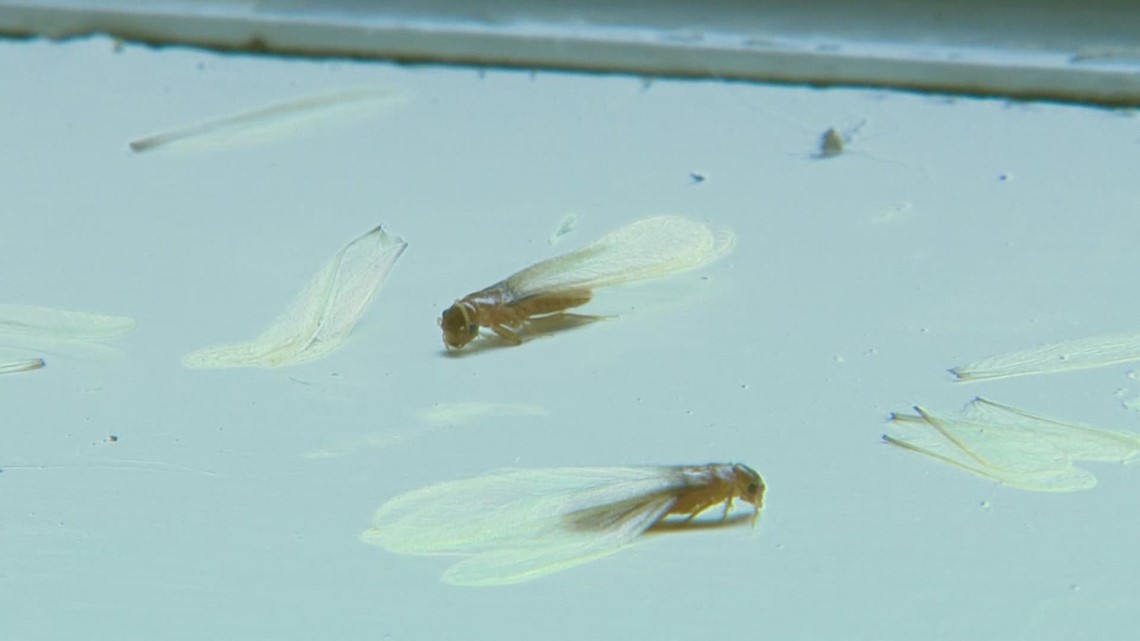share this
article
You are free to share this article under the Attribution 4.0 International license.
A new study of termite parental behavior offers a rare glimpse into how a queen-king pair pushes the boundaries of parenthood.
The results show how the queen and king, as parents, work hardest during the early life of the colony to ensure their first offspring make it, so they can then retire from parenting responsibilities.
The study, published in the journal Functional Ecology, sheds light on altruistic parental behavior in a destructive pest partially responsible for the $40 billion a year in termite damage to buildings around the world.
“Scientists often think of termites as these complex societies where the workers take care of everyone, including the queen and the king,” says Thomas Chouvenc, assistant professor of entomology at the University of Florida/Institute of Food and Agricultural Sciences Fort Lauderdale Research and education center. “That’s true in developed colonies, but during colony establishment, the most notable parents are the new queen and new king.”
Termites start a colony with two winged termites flying out of their original colony, Chouvenc explains. Once they find each other, they drop their wings and isolate themselves to mate and start a new colony, he says.
In termites, a new colony is tended by two parents, where a new queen and a new king are both in charge of everything. As workers emerge, the colony shifts to “alloparental” care, where the role shifts to older offspring to care for younger siblings.
For the study, Chouvenc used 450 underground termite colonies (Coptotermes) in the early stages of establishment. Chouvenc studied the timing of physiological changes in the queen and king during the transition from biparental to alloparent care.
In the study, Chouvenc’s findings show that king-queen pairs tirelessly tend to their first brood until the parents are almost exhausted. The queen and king later shift responsibility to their first offspring once the children are ready as functional workers.
This shift allows the queen and king to relinquish all caring responsibilities and focus only on reproduction, increasing worker production, resulting in remarkable colony growth.
“During this critical time, most would-be queens and kings fail to establish themselves and die,” he says. “These winged termites leave their nest with limited resources and make a one-time attempt to establish a new colony. The queen and king enter into a lifelong monogamous relationship and must raise the first few offspring alone.”
The study also shows that this couple’s parenting responsibilities last only a few months, says Chouvenc. Once the first few workers are produced, the queen and king become completely dependent on them and stop caring for the newly laid eggs.
“In a way, termite kings start out as the most dedicated parents, but once their first children can tend to the next batch of eggs, they step away from that duty forever and just focus on producing more eggs while the colony continues.” growing the care of a growing workforce,” he says.
“This study highlights the importance of parental care in the emergence of insect societies, and future comparative studies among other termites and ants could reveal how such societies became dominant ecosystem engineers over millions of years of evolution,” says Chouvenc.
Source: University of Florida







